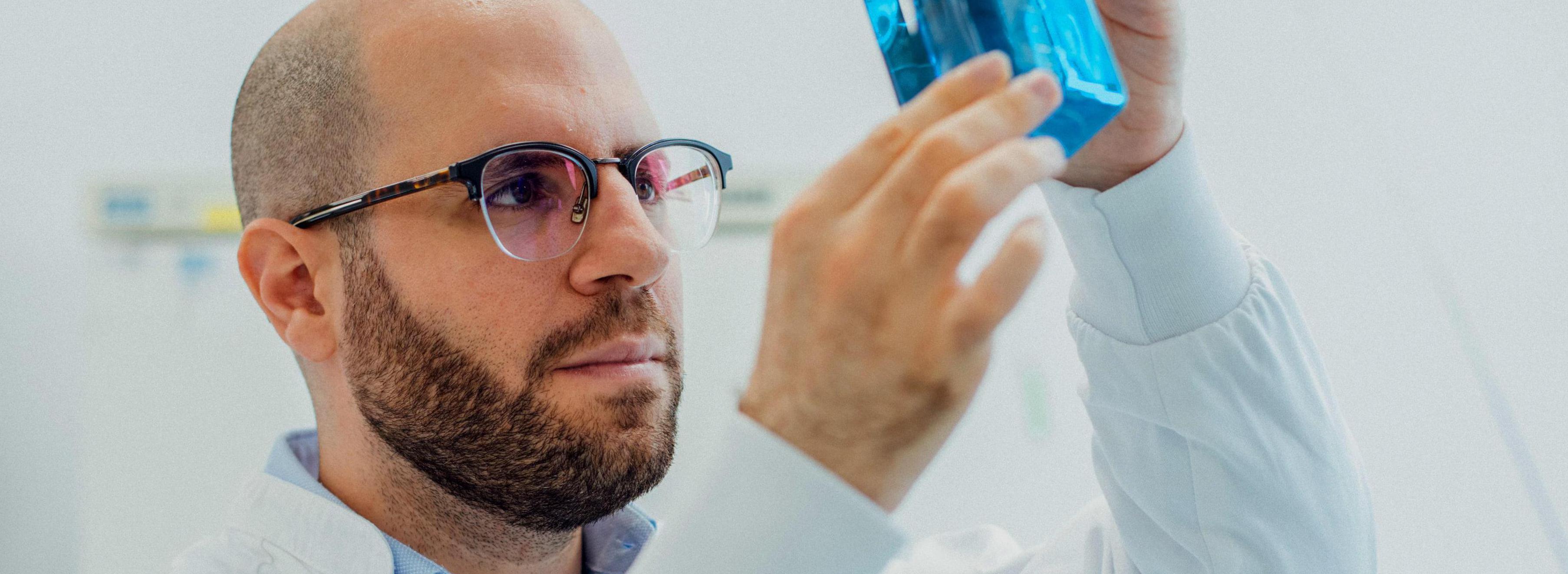A Phase 1/Phase 2 open-label study to evaluate the safety, tolerability, and efficacy of a single intravenous administration of an investigational medication in adult participants with phenylketonuria (PKU)-Tx Tester
Gene Therapy for Phenylketonuria (PKU)

Study Overview
Study Details
Eligibility Criteria
You may be eligible for this study if you meet the following criteria:
- Conditions: PKU, Phenylketonuria, gene therapy
-
Gender: Transgender
This study investigates the safety and efficacy of an investigational gene therapy for adults with phenylketonuria (PKU). PKU is an inherited disorder caused by issues with the gene coding for the phenylalanine hydroxylase (PAH) enzyme, leading to high levels of phenylalanine (Phe) in the blood. If untreated, high Phe levels can damage the brain and nerves. Traditional treatments include a strict diet and special medical foods, with some patients also receiving daily medication injections.
Participants in this study will receive a single intravenous administration of the investigational gene therapy. This therapy aims to insert a gene into the liver to produce an enzyme that breaks down Phe, converting it into essential proteins. The study is open-label, meaning all participants will receive the gene therapy. The study involves an overnight stay post-injection for monitoring and a follow-up period with approximately 41 visits, some of which can be conducted remotely.
- Who can participate: Adults aged 18 to 65 years with phenylketonuria (PKU) are eligible. Participants must be able to undergo genetic therapy and comply with study procedures.
- Study details: Participants receive a single intravenous injection of the investigational gene therapy and are monitored overnight. Follow-up visits occur for up to 96 weeks, with some conducted remotely.
- Study timelines and visits: The study will last 102 weeks. The study requires 41 visits.